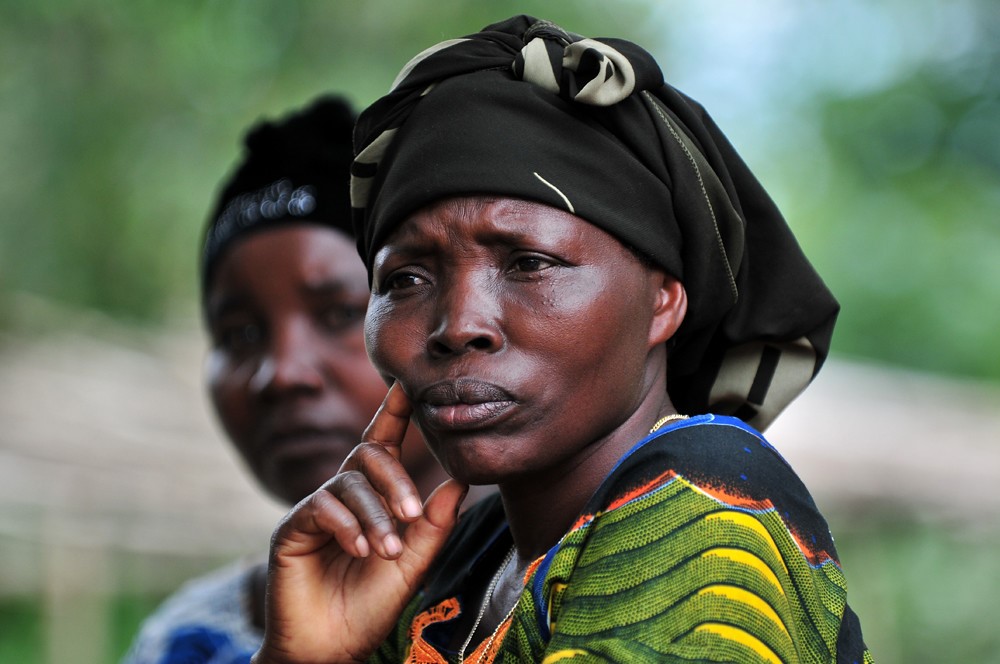Birth Certificates and Women’s Rights in the DRC

Worldwide, governments register the identity and nationality of 73% of people at birth. In the Democratic Republic of the Congo, 75% of children are without birth certificates. This means that there is no record proving the identity of three in four Congolese children. Political unrest in the DRC has allowed the lack of documentation to go largely unaddressed, but the persistence of this problem deepens injustices that girls and women predominantly face. Here is some information about birth certificates and women’s rights in the DRC.
Child Marriage in the DRC
Thirty-seven percent of girls in the Democratic Republic of the Congo are subject to child marriage. One reason for the survival of this practice is the inability to prove that it has occurred. There is no proof of age for a girl without a birth certificate, which increases the risk that she could marry before the age of 15, the legal age for a girl to marry in the DRC. Child marriages are particularly harmful to women, as sexual violence is prevalent in the DRC. In fact, 52% of women have reported experiencing domestic violence. The DRC Family Code, enacted in 1998, details protections for women against domestic violence, but many women are unaware of the code and do not seek justice in cases of abuse. Instead, they often justify wife-beating. Documenting every child born in the DRC is a small step that could reduce child marriages.
The Benefits of Birth Certificates in the DRC
Birth certificates in the Democratic Republic of the Congo provide access to a wide range of services. For example, education and healthcare are unavailable without any proof of identity. The gender gap already limits the opportunity for women to receive an education with a primary enrollment rate of 54%, and the lack of birth certificates amplifies this injustice. Birth certificates also provide proof of ancestry, which is necessary to claim an inheritance. This flaw in the DRC’s system reinforces the disparity between men and women and the frailty of women’s rights.
Cost and accessibility are two factors that have contributed to the lack of birth certificates in the Democratic Republic of the Congo. Registration is reported as free within 90 days of birth, but the political and economic state of the country has complicated the provision of this service and there is a fee for late registration. Bribery is not uncommon when it comes to obtaining a birth certificate. Registration centers are scarce and many Congolese families find it difficult to travel from rural regions to the urban centers where they can obtain birth certificates, with some women living six miles from the nearest center. Meanwhile, if there are not any financial or geographical barriers to a birth certificate, a woman may find herself unable to register her child because she is a victim of rape and the identity of the father is unknown.
World Vision’s Recommendations
In 2009, World Vision made three recommendations to the DRC to guide the country in addressing the lack of birth certificates issued: removing all administrative costs for registration and having zero tolerance for bribery, implementing mobile registration services and campaigning to spread awareness about the importance of registration. Improvements such as these could lighten the burden of obtaining a birth certificate for a Congolese child and simultaneously make progress in the fight for women’s rights in the DRC. People may be more likely to uphold women’s rights in the DRC if girls receive recognition by the government from birth.
– Payton Unger
Photo: Flickr
